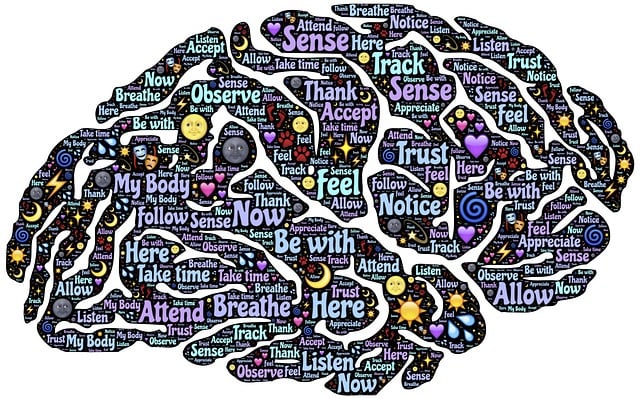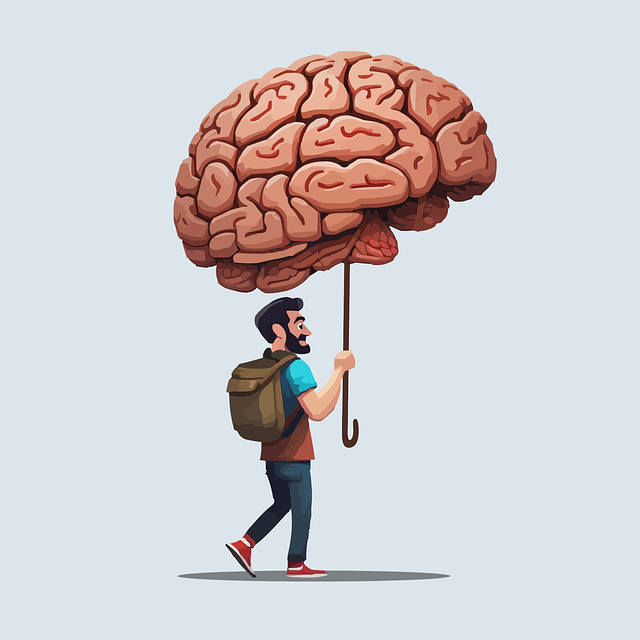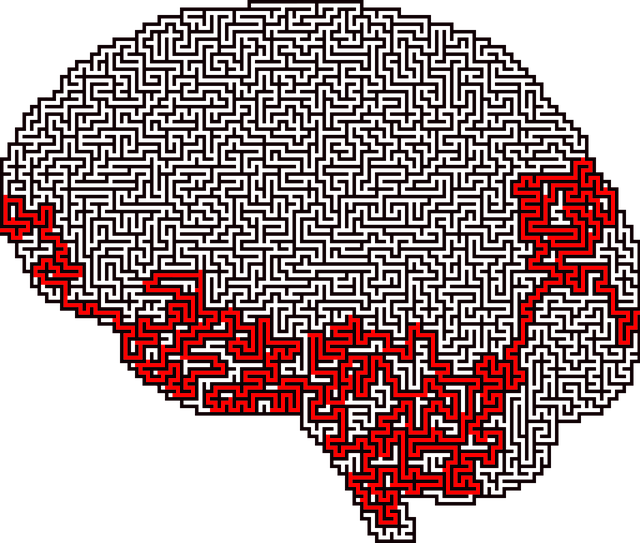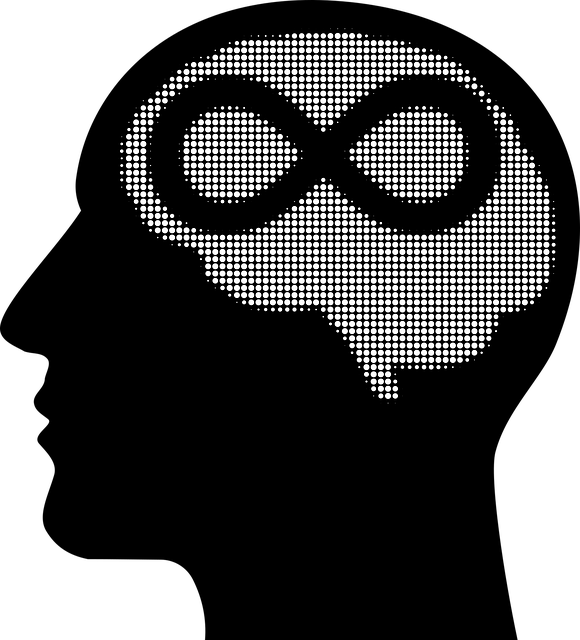Early intervention through tailored Therapy for Young Children is crucial for accurate mental illness diagnosis and improved outcomes, especially considering the impact of child abuse. Integrating this therapy into Mental Health Policy is essential for timely detection and appropriate care. This approach, coupled with depression prevention initiatives and self-care promotion, fosters resilience in children, ensuring their well-being and long-term development while addressing unique challenges like developing brains and trauma histories.
Mental illness diagnosis accuracy is a critical aspect of pediatric healthcare, with significant implications for young patients’ well-being. This article explores efforts to enhance diagnostic reliability, focusing on early intervention strategies for children and addressing the complex issue of child abuse. We delve into age-appropriate assessment techniques for mental health in children, highlighting their impact on diagnosis accuracy. Additionally, we discuss innovative research methods and specialized training programs aimed at improving clinical practice in identifying and treating mental illness in youth, particularly those affected by child abuse.
- Early Intervention: Targeting Therapy for Young Children
- – Discussing the importance of early mental health support for children
- – Exploring age-appropriate assessment techniques and their impact on diagnosis accuracy
Early Intervention: Targeting Therapy for Young Children

Early intervention plays a pivotal role in enhancing mental illness diagnosis accuracy and improving treatment outcomes for young children. By focusing on therapy tailored to their developmental stage, professionals can effectively support children experiencing emerging mental health challenges. This approach is especially crucial given that early life experiences, including potential instances of child abuse, significantly shape a child’s vulnerability to mental disorders later in life.
Implementing programs that integrate Therapy for Young Children into existing Mental Health Policy Analysis and Advocacy strategies is a step towards ensuring timely detection and appropriate care. Depression Prevention initiatives can be seamlessly incorporated into these programs, empowering parents and caregivers with the knowledge and tools to recognize signs of distress in young minds. Moreover, encouraging Self-Care Routine Development for Better Mental Health among children fosters resilience and equips them with healthy coping mechanisms from an early age.
– Discussing the importance of early mental health support for children

Early mental health support is paramount for children’s well-being and long-term development. Identifying and addressing mental health issues in childhood can prevent them from escalating into more severe and chronic conditions later in life. Therapy for young children plays a crucial role in this process, offering essential tools to cope with emotions, manage stress, and develop healthy relationships. Early intervention ensures that children learn adaptive behaviors, enhancing their resilience and overall mental wellness.
In the context of mental health policy analysis and advocacy, prioritizing childhood mental health is vital. Effective risk management planning for mental health professionals can ensure safe and supportive environments for young patients. Healthcare provider cultural competency training is also significant, as it fosters understanding and empathy, especially when dealing with children who have experienced trauma, including child abuse. Such training enables professionals to provide tailored care, considering the unique cultural backgrounds and needs of each child.
– Exploring age-appropriate assessment techniques and their impact on diagnosis accuracy

The accurate diagnosis of mental illness in children is a complex task that requires tailored approaches. Young minds are still developing, and their experiences can differ significantly from those of adults. Therefore, age-appropriate assessment techniques are crucial to ensuring accurate diagnoses for therapy for young children. This involves specialized tools designed to assess cognitive, emotional, and social development while factoring in potential influences like child abuse. By implementing these methods, mental health professionals can better understand the nuances of childhood mental health, leading to more precise diagnoses.
Furthermore, focusing on age-appropriate assessments helps mitigate risks associated with burnout prevention among mental health professionals. Comprehensive risk assessment for mental health professionals, which includes stress management strategies, is essential alongside accurate diagnosis efforts. This ensures that practitioners are equipped to handle the unique challenges presented by childhood mental health cases while maintaining their own well-being.
Mental illness diagnosis accuracy is a multifaceted issue, with early intervention playing a pivotal role. By employing age-appropriate assessment techniques, we can significantly enhance the precision of diagnoses for young children, ensuring they receive the tailored therapy they need. This is particularly crucial in mitigating the effects of child abuse and neglect, as timely interventions can foster healthier development and better outcomes. Through continued research and implementation of innovative practices, we can strive for a more accurate and effective mental health care system for our youngest vulnerable populations.














